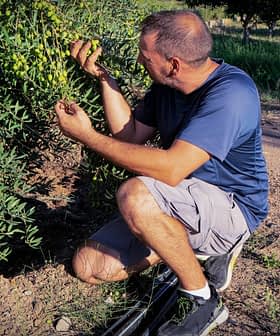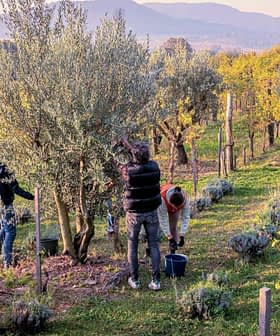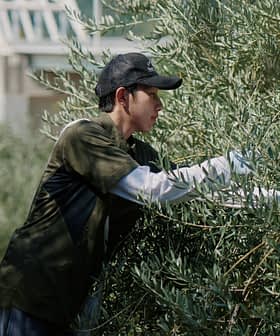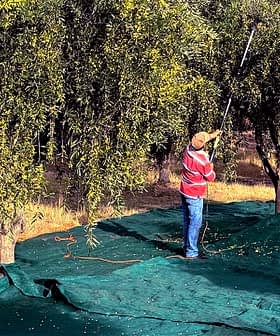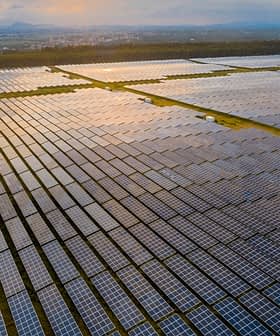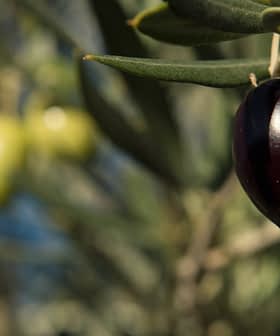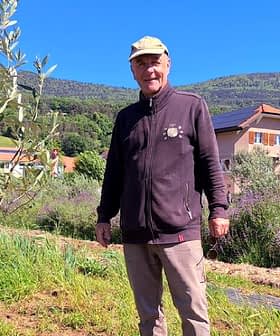Australian Farms Face Threat From Deadly Sap-Sucking Bug
The Olive Lace Bug has impacted Western Australia and is threatening to spread further into the country.
 Australia Department of Agriculture and Food
Australia Department of Agriculture and FoodTwo major olive farmers in Western Australia have had to cull 7,000 adult olive trees due to an Olive Lace Bug outbreak, which has been declared endemic to the area, threatening current and future olive yields. The bug, native to Eastern Australia, poses a significant challenge to farmers as it lives and breeds underneath the leaves and can develop immunity to common chemical treatments, potentially spreading further through machinery and seasonal workers.
Two major Western Australian olive farmers have been forced to cull close to 7,000 adult olive trees that have been infested by the deadly Olive Lace Bug (Froggattia Olivinia) in an outbreak that has been officially declared endemic to the area.
The Olive Lace Bug (member of the Hemiptera family of sap sucking bugs) is native to Eastern Australia and its spread is particularly concerning for olive growers located in the West of Australia and New South Wales as it can dramatically impact an olive tree’s current and future yield, with the damage lasting for up to two years in some instances.
Treating the problem can prove challenging to farmers as the Olive Lace Bug lives, eats and breeds underneath the leaf, which making it difficult to detect unless each tree is closely monitored.
The population of the Olive Lace Bug will multiply rapidly if left untreated, making a multi-stage treatment protocol necessary to ensure the bugs have been completely eradicated.
There is no specific prescribed treatment for eliminating the pest from infected groves and experts recommend using insecticidal soap sprays such as pyrethrum. This treatment option is not favored by farmers as it runs the risk of damaging nearby bees and beneficial insects as well as compromising the integrity of the soil.
The harm to beneficial insects can lead to a population increase of other pests that were previously kept in check. There have also been reported instances of the Olive Lace Bug developing immunity to commonly used chemical treatments.
The bug has not found its way outside of Australia’s borders, but there is limited research available on an international level on controlling its population. Farmers are concerned that the bug could spread even further as it has been known to attach itself to machinery and even seasonal workers traveling from farm to farm, making its rapid spread a concern among stakeholders.
Only time will tell of the measures put in place to eliminate the infestation were successful. Experts in pest control say farmers will need to wait until the following year when new seasonal growth commences, to see if the tell-tale yellow, mottled leaves are present.
The Australian olive oil industry has experienced explosive growth over the past few years, with annual production increasing by an average of almost fifty percent between 2010 and 2015, yet the country remains a relatively small player in the international market, accounting for less than 0.5 percent of the world’s total olive oil production.


